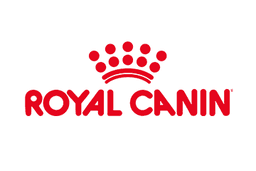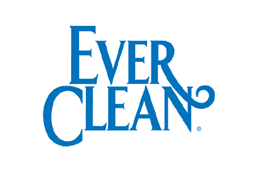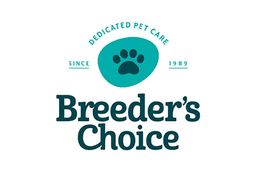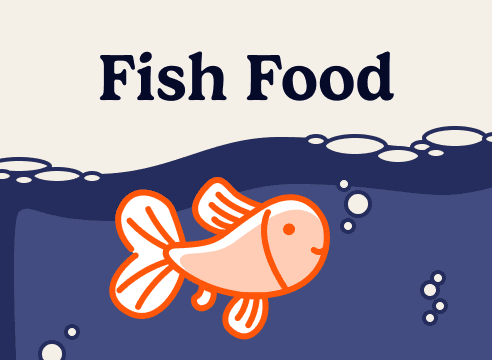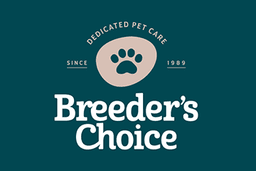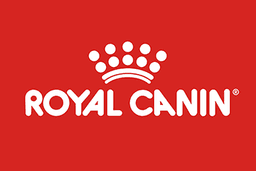Vaccinating your kitten and scheduling regular booster shots throughout their life, is an important part of routine health care for your new pet.
Vaccination helps give your kitten the best possible chance of being fit and healthy, and living a long and happy life.
Optimum kitten vaccine schedule
Kitten vaccinations are generally done in three stages:
- First vaccination: 6-8 weeks of age
- Second vaccination: 10-12 weeks of age
- Third vaccination: 14-16 weeks of age
If you are getting a kitten from a friend or a rescue organisation, the usual age of release is around six to eight weeks. This means it’s likely that they’ll have had their first shot, but they are not fully protected until they have had the whole series. You should make an appointment with your vet to follow up with the remaining vaccinations, and your kitten should be kept inside and away from other cats while they are still vulnerable to illnesses.
Breeders typically hold pedigree kittens for much longer before they go to their forever homes. It’s very common not to receive a pedigree kitten until it’s 14 to 16 weeks old. In this case, your kitten will have completed the full course of vaccinations. You should receive their record book and a vet certificate to state that they’re fully vaccinated and wormed.
12 months after the final kitten shot, your pet will be due for the first booster vaccination. After that, they’ll need booster shots annually. Your vet will notify you when the time is due, and you can then make an appointment to take your pet in.
How do kitten vaccines work?
Vaccinations stimulate the kitten's immune system so that the body learns what to recognise a threat. If the kitten is then exposed to that illness, the immune system is prepared to fight it off. This status needs to be maintained with regular boosters, so your pet remains protected as they get older.
What diseases are covered by vaccinations?
Typically, basic vaccinations protect your kitten from:
- Feline enteritis: The most common of all diseases to affect cats. It’s highly contagious, and particularly dangerous for kittens under 12 months of age.
- Feline respiratory disease (cat flu): This can be caused by feline calicivirus or feline herpes virus, so there are components in the vaccination to protect against both viruses.
- Feline chlamydia: this causes eye disease and is common in kittens under the age of nine months.
In addition, kittens can be vaccinated against feline immunodeficiency virus (FIV). This is the feline form of AIDS. It’s contagious and incurable. It lowers the immune system’s ability to fight off opportunistic infections – which can be fatal in the long run.
FIV is not automatically part of an immunisation schedule, but you can request it if you know your kitten is going to have outside access where it might encounter other cats.
Benefits of vaccinating your kitten
Vaccination lowers the risk of losing your kitten to illness or having them suffer long-term compromises to their general health. You’ll also potentially save on vet visits.
It's worth keeping in mind that catteries generally require kittens and cats to have up-to-date vaccinations as well. So if you are anticipating that you'll need to board your kitten while you're away, you must keep their vaccinations current.
For further information, reach out to your vet!



